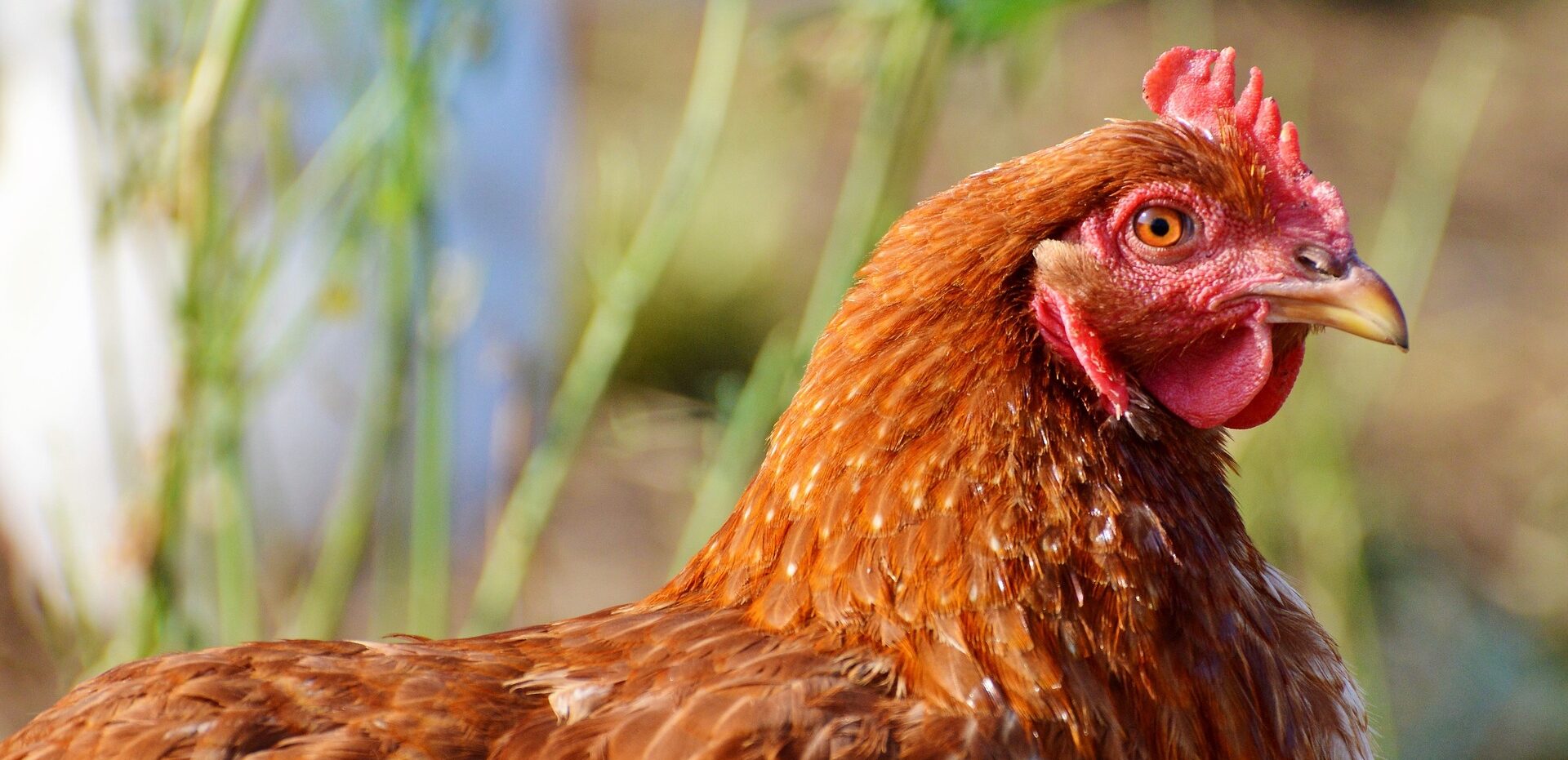February 10, 2021

Earlier today, during the New Mexico Senate’s floor meeting, the committee report for Senate Bill (SB) 32 (the Wildlife Conservation & Public Safety Act, also known as Roxy’s Law, to ban traps, snares, and poisons on public lands) was “read out,” which activates the next committee—the Senate Judiciary Committee—to schedule and hear the bill. It’s not clear yet when that will happen, but we are urging everyone represented by a Senator on the Senate Judiciary Committee to reach out and ask them to vote ‘yes’ on the bill. If you’re not sure who your Senator is, you can find out here.
In the meantime, many other bills impacting animals—everything from bees, to elk, equines, and chickens—have been on the move.
One major piece of new legislation introduced last week is Senate Bill 312 sponsored by Senator Jeff Steinborn and Representative Nathan Small and called by advocates “the New Mexico Wildlife Heritage Act”. This significant bill makes a number of changes to the current state laws that set out the entire infrastructure of wildlife management and conservation, important steps forward in updating and refining wildlife policy that Animal Protection Voters strongly supports, including:
- Changing the agency names to reflect a more holistic approach and scope: from ‘Department of Game & Fish’ to ‘Department of Wildlife Conservation’, and from ‘Game Commission’ to ‘Wildlife Conservation Commission’.
- Updating the agency mission to include all wildlife (reflecting the fact that the agency already protects some non-game animals such as songbirds, raptors, reptiles, and amphibians) and providing authority to the Wildlife Conservation Commission to protect additional wildlife species.
- Ending the gratuitous slaughter of certain game species, like elk and deer, by private landowners that is currently allowed without having to adhere to state hunting regulations.
- When trapping rules are violated, allowing the Commission to revoke a trapping license for the same amount of time that hunting and fishing licenses are revoked when those rules are violated (the current trapping license revocation timeframe is shorter than the timeframe for hunting and fishing license revocation). This provision will still matter even if Roxy’s Law passes, since trapping will continue to take place on private land and via exceptions on public land.
- Appropriating $1 million for programs protecting and conserving ‘Species of Greatest Conservation Need’.
SB 312 is awaiting its first hearing in the Senate Conservation Committee. Many parts of this bill have been introduced separately in years past, but this is the first attempt at grouping all of the related parts together as part of one package. This effort has resulted in a broad and varied coalition of organizations supporting the bill, including Animal Protection Voters.
And just today, Senate Bill 347, sponsored by Senator Pete Campos, was introduced requiring that eggs raised or sold in New Mexico by large commercial egg producers (currently only out-of-state producers) must come from egg-laying hens not raised in tiny battery cages. There has been a regional wave of legislation in Western states and commitments by major restaurant and grocery chains to move to using only “cage-free” eggs, and now the commercial egg industry itself is actually seeking an equal application of cage-free laws in the region so that they have better market stability and predictability in order to keep supply chains running and costs down. Of course, Animal Protection Voters is interested in the humane benefit for the millions of regional egg-laying hens whose living conditions would be improved: instead of living in cramped cages, hens would be in large barns/aviaries that let them stretch their wings, perch, scratch and dust-bathe, and lay eggs in nesting boxes. This is the first opportunity for the New Mexico Legislature to consider this type of legislation, and we’re excited to watch and engage in the dialogue around this reformative bill. The bill has been referred to the Senate Conservation Committee.
Other notable activity:
- House Bill 51, “Environmental Database Act,” passed the House State Government, Elections & Indian Affairs Committee on 2/5/21 by a 4-3 vote, and now awaits a full House floor vote.
- Senate Bill 103, “Restricting Use of Neonicotinoid Pesticides,” passed the Senate Conservation Committee on 2/9/21 by a 6-3 vote and now awaits a hearing in the Senate Tax, Business & Transportation Committee.
- Senate Joint Resolution 3 a.k.a. “the Green amendment” passed the Senate Rules Committee on 2/8/21 by a 7-4 vote and now awaits a hearing in the Senate Judiciary Committee.
- Two bills that Animal Protection Voters is opposing due to their aim to financially bolster the long-troubled horse racing industry in the state were heard in committee on 2/8/21. House Bill 101 stalled in the House Education Committee and will likely remain dead there until the end of the legislative session, but House Bill 199 passed the House Commerce & Economic Development Committee by a unanimous 9-0 vote (with Rep. Javier Martínez excused). Given horse racing’s long history of cruelty, drug/medication misuse, and association with corrupt and illegal activity—and after Animal Protection of New Mexico’s efforts over the last two years to demand more transparency and accountability for racehorse injuries and deaths were rebuffed by the State Racing Commission—we must speak out as the struggling industry attempts to artificially revive itself with new gambling profits. HB 199 next goes to the House Judiciary Committee.
There are 37 days left in this year’s 60-day legislative session. We are putting everything we can into pro-animal legislation—it’s crucial we keep you updated on this urgent work! Join us at 4:00 PM on Thursday February 25th for APNM’s next “Virtual Town Hall,” this one dedicated to APV’s work in the legislative session. Register here today!
Please continue to stay safe and healthy and thank you for your continued attention and engagement in animal protection issues as we power through this 2021 legislative session.
With deep gratitude,
Jessica Johnson
Chief Government Affairs Officer
